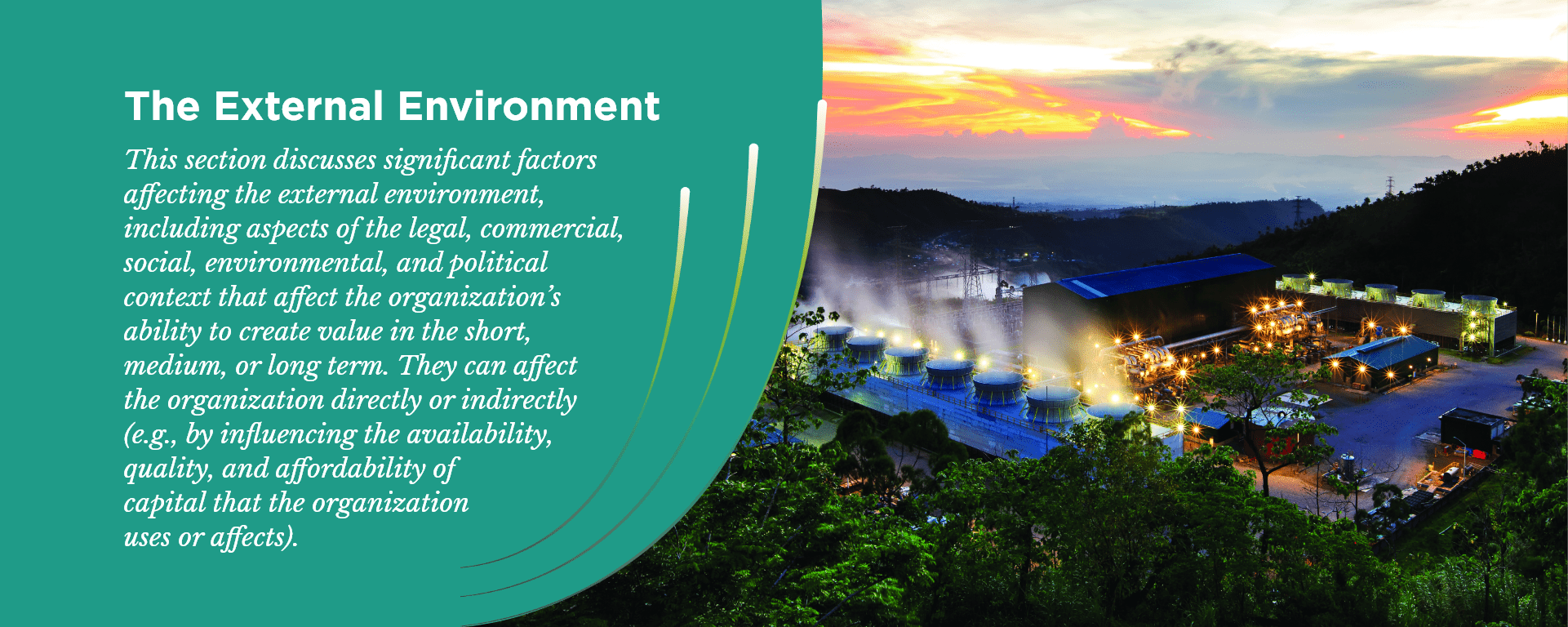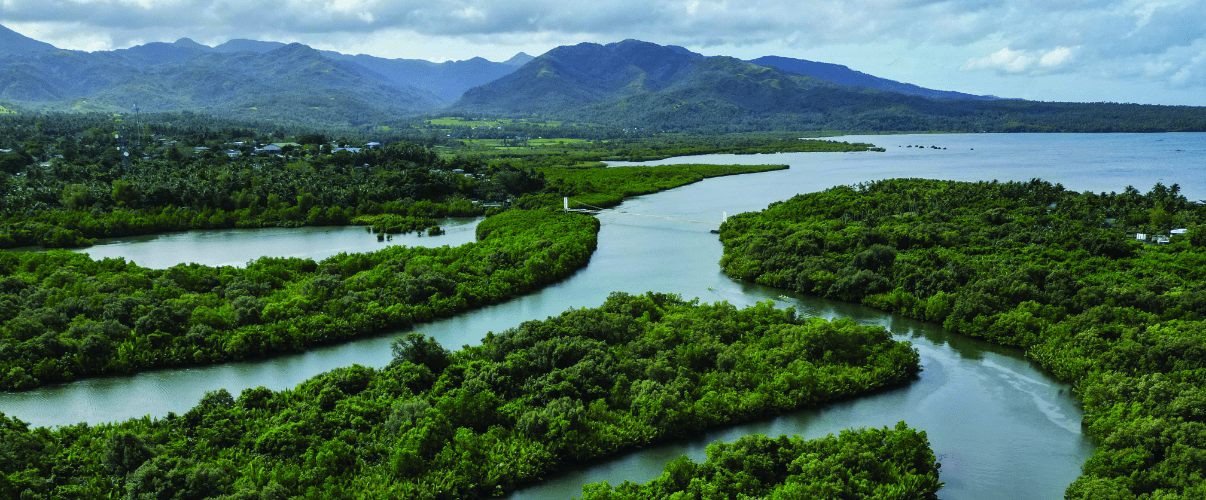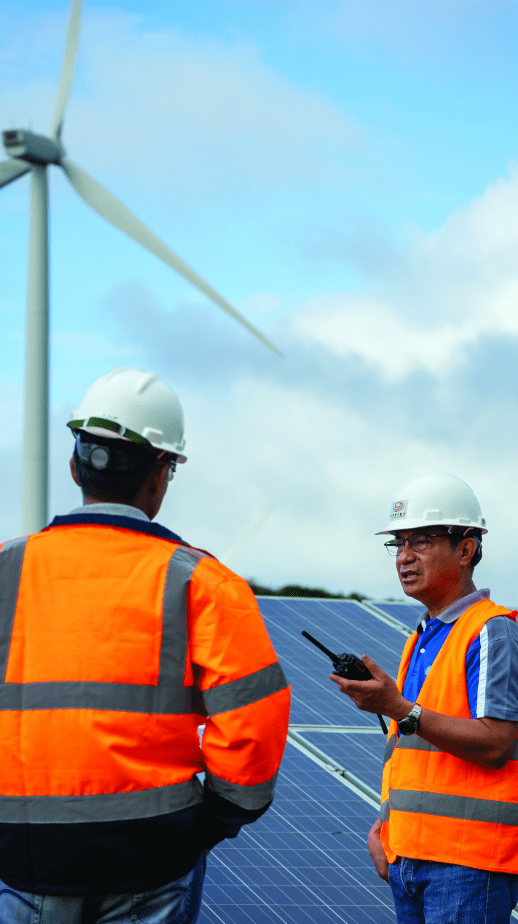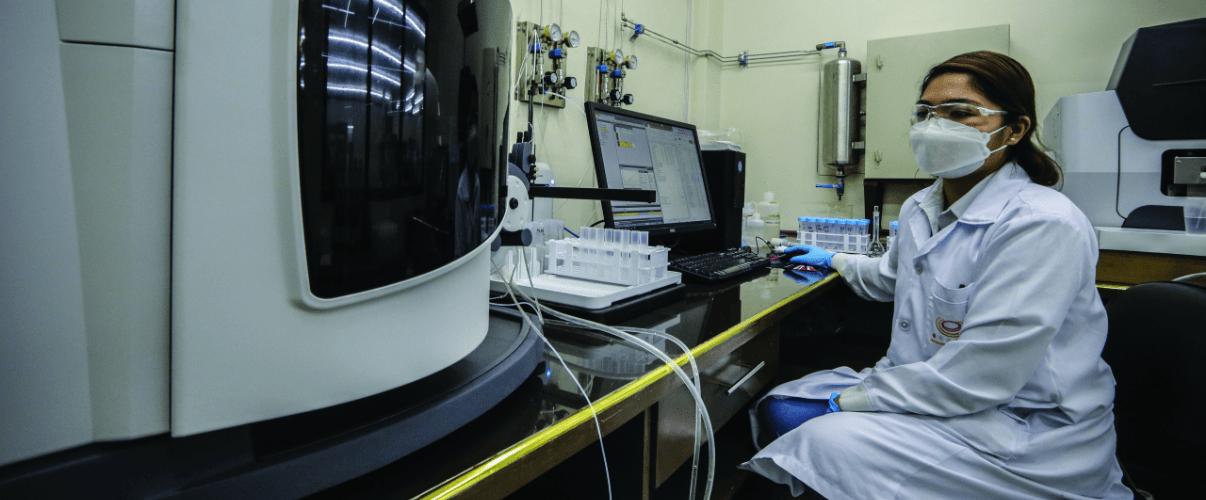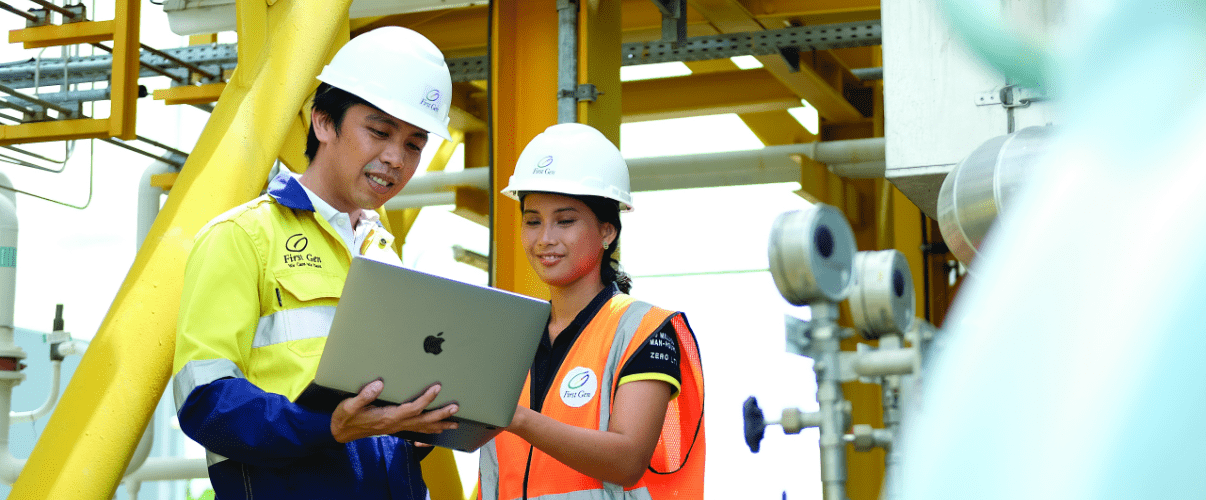Transition to Renewable Energy and Threats to Energy Security
As greenhouse gas emissions produced by the energy industry continue to increase, the push towards decarbonized energy has become a more urgent concern for energy providers and stakeholders. The Philippines’ transition to mostly renewable energy (RE) as highlighted in the Philippine Energy Plan (PEP) 2020-2040 is being encouraged by the government through various initiatives, which present opportunities for RE developers such as First Gen 1. Through these programs, the country aims to grow its supply of gas and renewable energy sources, which are critical to enabling our clean energy transition in a more secure manner.
Aside from this, the volatility of macroeconomic and geopolitical conditions that we have experience recently also highlights the need to ensure energy security as reported in various sources 2. Furthermore, the increase in power demand fueled by economic growth emphasizes the need to build reliable power supply, especially considering the intermittent nature of RE sources. As such, the country constantly needs to continue diversifying its power sources, as well as balance the increasing RE dependence with energy security. The introduction of LNG into the Philippines in 2023 was a critical milestone that helped ensure more consistent natural gas supply in the wake of the declining Malampaya Gas Field 3, allowing us to continue supporting our growing renewable energy ambitions.
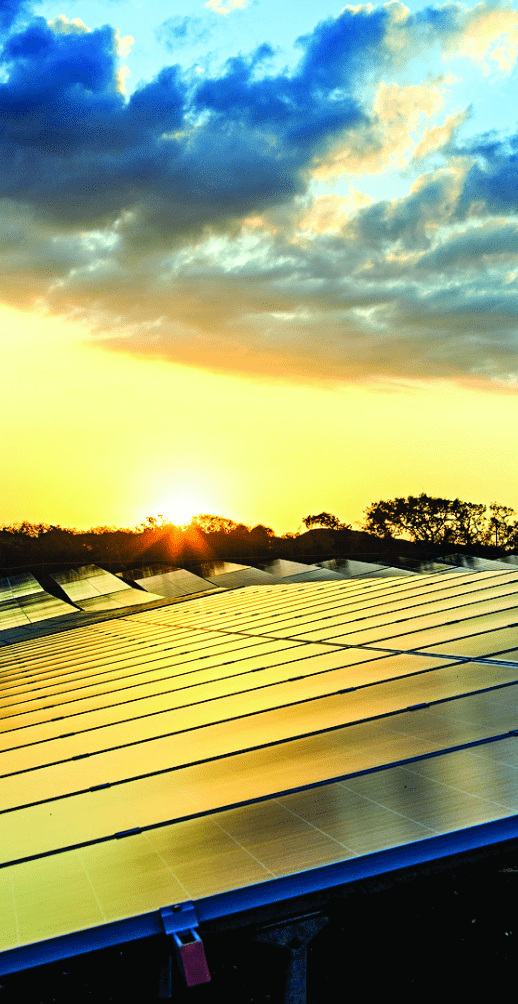
Implications for First Gen:
First Gen’ s growth strategy, focused on gas and renewables, underlines the Company’s continued commitment to balance meeting growing energy demands with our responsibility to move towards eco-friendly energy solutions. This ambition is in line with the Philippine Energy Plan’s outlook of a significant increase in gas and renewables between now and 20304
In line with this, our growth will be driven by an increasing proportion of RE, complemented by natural gas, which is currently the best possible option for a transitory energy source to support increasing RE generation. As such, First Gen’ s now-operational Batangas LNG terminal supports the Malampaya pipeline with stable supply, enabling the country’s secure transition to a cleaner energy future.

